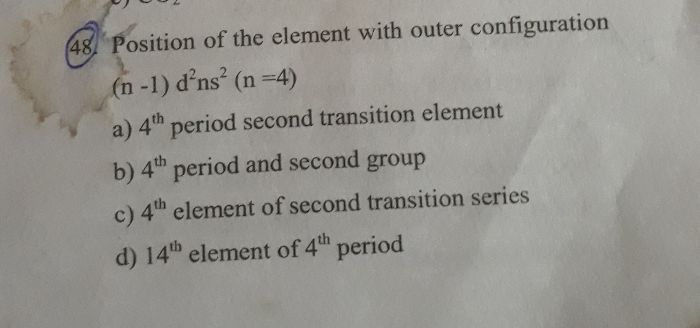CBSE Class 12-science Answered
From a quantum mechanics viewpoint, the magnetic moment is dependent on both spin and orbital angular momentum contributions. The spin-only formula used is given as:
?s.o. = [4S(S+1)]1/2
and this can be modified to include the orbital angular momentum
?S+L = {4S(S+1) + L(L+1)}1/2
In order for an electron to contribute to the orbital angular momentum the orbital in which it resides must be able to transform into an exactly identical and degenerate orbital by a simple rotation (it is the rotation of the electrons that induces the orbital contribution). For example, in an octahedral complex the degenerate t2g set of orbitals (dxz,dyx,dyz) can be interconverted by a 90o rotation. However the orbitals in the eg subset (dZ2,dx2-y2) cannot be interconverted by rotation about any axis as the orbital shapes are different; therefore an electron in the eg set does not contribute to the orbital angular momentum and is said to be quenched. In the free ion case the electrons can be transformed between any of the orbitals as they are all degenerate, but there will still be partial orbital quenching as the orbitals are not identical.
Electrons in the t2g set do not always contribute to the orbital angular moment. For example in the d3, t2g3 case, an electron in the dxz orbital cannot by rotation be placed in the dyz orbital as the orbital already has an electron of the same spin. This process is also called quenching.
Tetrahedral complexes can be treated in a similar way with the exception that we fill the eg orbitals first, and the electrons in these do not contribute to the orbital angular momentum.







